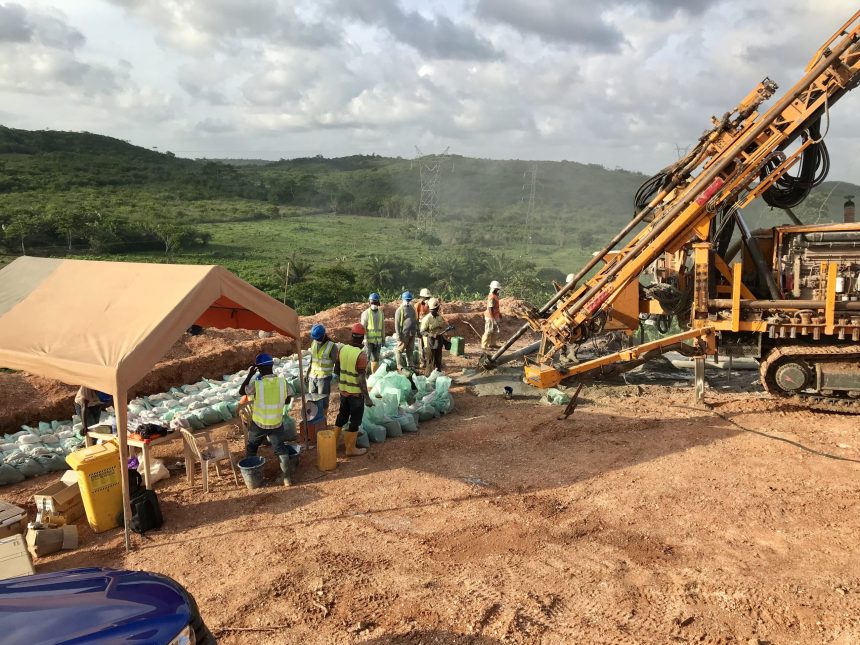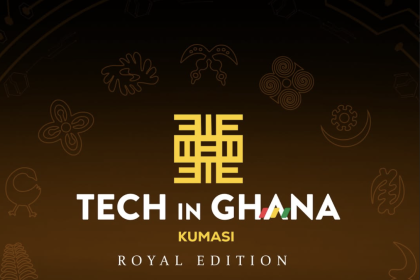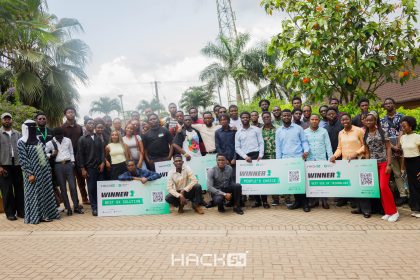Lithium is a rare earth mineral that has gained prominence in recent times owing to the critical role it plays in the growing electric vehicle (EV) revolution which relies on lithium-ion (Li-ion) batteries. Lithium is also widely used in the production of several electronic devices such as smartphones and computers.
Ghana is set to begin mining its lithium deposits once Atlantic Lithium Ltd’s Ewoyaa Lithium Project’s first mine comes online next year.
A mining concession has been granted to Australia’s Atlantic Lithium Ltd which has partnered with some locals via a Joint Venture (JV) to exploit the rich lithium deposits in the Ewoyaa (Mankessim) area of the Central region.
By The Numbers
The project was initially estimated to hold 18.9 million tonnes of probable petalite and spodumene ore grading of 1.24% lithium oxide (Li2O) containing 109 kilotonnes of lithium (109,000 tonnes) metal as of March 2022.
It is projected that Ghana will generate about $4.8 billion over the life of the mine (LOM) based on a 5% carried interest in the project.
Controversies
However, the deal has sparked intense debate among civil society groups, mining experts, and government officials over its fairness, transparency, and sustainability.
Some of the key issues raised include:
Low Interest
The low carried interest of 5% for Ghana, similar to other decades-old mineral mining agreements that have failed to yield notable benefits to the state or surrounding communities.
10-Year Tax Holiday
The alleged 10-year tax holiday granted to Atlantic Lithium by Ghana, which the government spokespersons deny knowledge of.
Special Permits
The special permits from Ghana’s electricity regulators entitling Atlantic Lithium to tariffs 30-50% below standard industrial rates.
These issues require scrutiny and public dialogue to ensure that Ghana secures maximum benefit from its mineral wealth and avoids the pitfalls of the resource curse.
As the demand for EVs and renewable energy storage soars, securing a stable supply of lithium has become a global priority.
Questions Arising
Ghana’s decision to process its own lithium domestically rather than exporting it in its raw state aligns with the broader conversation on critical minerals for the energy transition.
However, this decision also comes with challenges and risks that need to be addressed.
- For instance, how will Ghana ensure that its lithium refinery meets the international standards and specifications for battery-grade lithium?
- How will Ghana negotiate fair and competitive prices for its refined lithium products in the global market?
- How will Ghana balance its domestic energy needs with the high power demand of lithium refining?
- How will Ghana manage the potential conflicts and trade-offs between lithium mining and other sectors such as agriculture, tourism, and conservation?
These are some of the questions that Ghana needs to answer as it embarks on its lithium journey. The Parliament must ratify the lease awarded to Atlantic before they can proceed to mine.
This provides an opportunity for more public participation and oversight in the process. Ghana has a chance to leverage its lithium discovery to ride the coming green economy wave, but only if it does so in a transparent, equitable, and sustainable manner.
Catch up on news and other tidbits on our WhatsApp Community Page, Twitter/X, and subscribe to our weekly newsletter to ensure you don’t miss out on any news.










